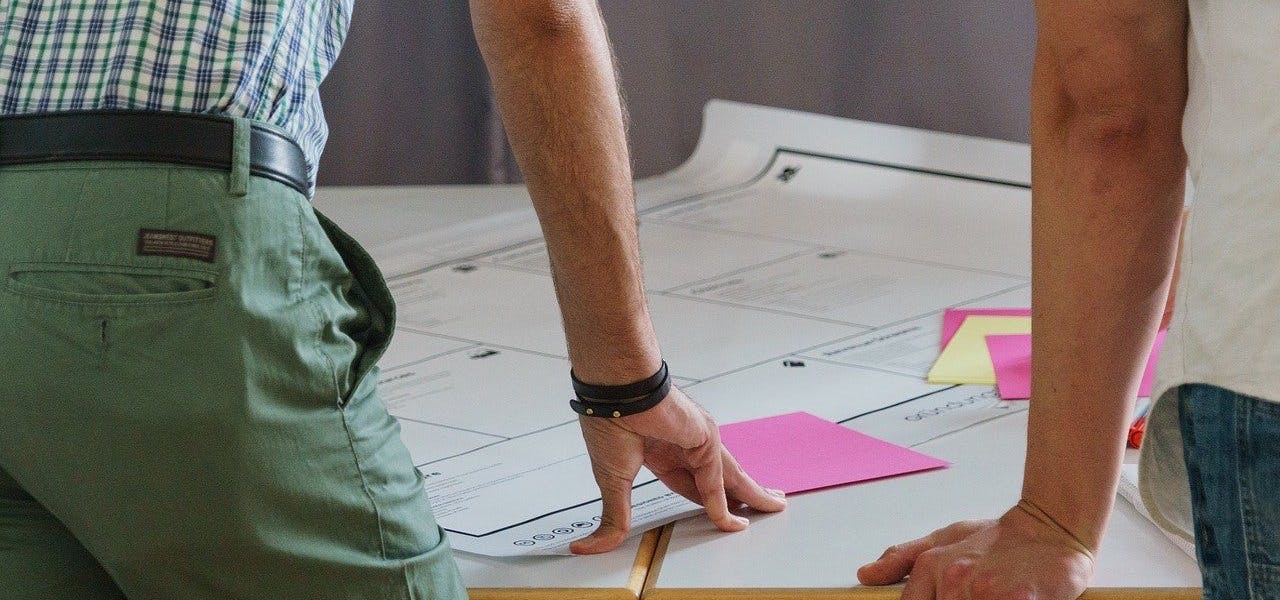The younger generation of millennials today are seeking to create more social change in the world than ever before. According to a Mashable survey, 66 percent of teens said they wanted their job to impact the world. That survey was taken in 2014. Now with an even increasing burden of climate change and other global issues that demand solid research practitioners to come up with viable solutions, I would expect that number to be even higher today for today’s youth.
While there has been a definite shift in thinking to create social impact, some things haven’t changed—like conducting good research, having measurable results and understanding that projects take a long time and are long term investments and should go beyond updating ones LinkedIn profile. Our instantaneous culture of wanting to quickly say we changed something for the benefit of our career is not helping.
Social Media’s Role in Advancing the Social Change Era
Social media, by in large, and especially Instagram, have changed our realities and given us a look into some of the worlds most fragile and desperate situations that demand quality researchers and practitioners to exact some type of change. Algorithms have also tuned our News Feeds to feature organizations we have previously “Clicked” on to show us what is going on in their organization and what they are doing about global issues. If you follow celebrities, some, such as Ben Stiller, is a GoodWill Ambassador for refugees around the world.
Climate change is another huge burden that is posted about by researchers, scientists, major organizations such as the World Economic Forum, giving news updates to climate developments and how country responses to the issue is taking form. These updates on LinkedIn have a beautiful UI and are easy to watch. This social media sphere of problems being broadcasted has shifted young peoples focus to huge problems, without seeing the benefit of small actions and small research agendas that can be taken in communities.
This agenda advancement on social media has prompted citizens everywhere to understand the “global” nature of our problem, indeed making us all more “global” citizens. One problem with this, at least from an entry level job perspective, is that many of these problems, serviced by major organizations, are still very difficult to get in the door of. A staff level job at the World Economic Forum requires at least a Masters degree and five years of professional experience. Similarly, an entry level role at UNICEF is usually commensurate with a PhD. So in reality as problems multiply around the world, the exclusiveness of these issues to do research on is still a very small portion of the job market.
It’s part of the problem
This is a problem for young professionals fixated on the grandiosity of issues instead of focusing their time on learning practical research skills. Universities are in part to blame. Research on how to create, or even catalyze social change, can begin at the community level, although it is less appealing for a young professional to work in a community setting vs. a major organization like UNICEF. Indeed, social media has given some warped perceptions of reality that in order to create social change you need to work for a big organization.
Researchers who have made novel findings through experiences, however big or small, know this isn’t true. That’s why more volunteering in high school and undergraduate studies should be required. As Kathleen Janus, a professor of Social Entrepreneurship at Stanford University comments, “…no matter how smart, educated, and well-resourced you are, when it comes to problem-solving, nothing can replace the power of lived experience.”
One issue that is coming to the forefront of our society is having experiences online vs. in person, as I mentioned with the interface of the WEFs stories. Volunteering might be a waste of time for some organizations that seek out profit and don’t teach a lot about how to conduct real impact evaluations, but it’s still a lived experience that can be learned from. That’s the major key.
